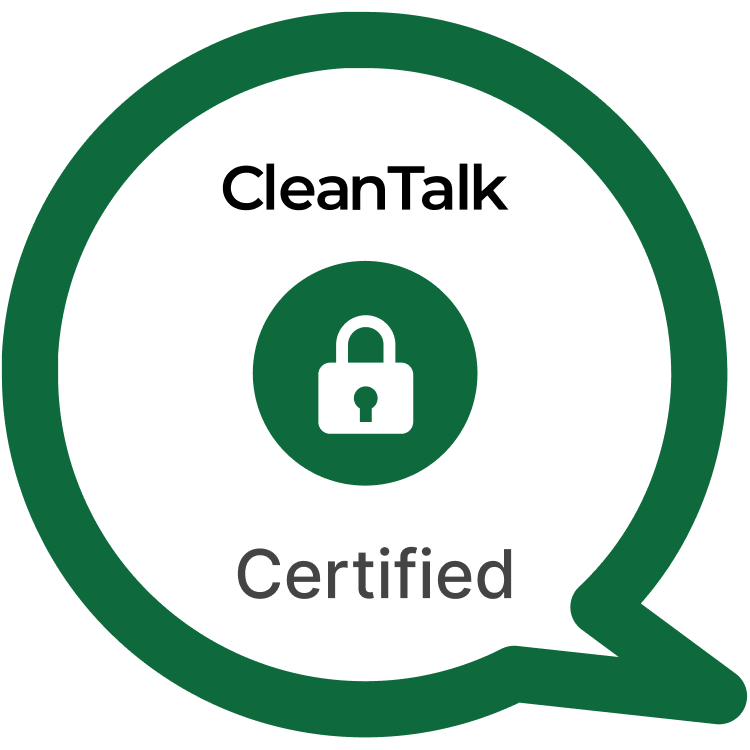TablePress is a powerful and user-friendly WordPress plugin designed to help users create and manage tables effortlessly. Whether you need to display data, create interactive tables, or import/export information, TablePress offers a comprehensive set of features without requiring any coding knowledge.
Beyond its functional advantages, TablePress prioritizes security, ensuring that data handling remains safe and reliable. After undergoing a rigorous security audit, TablePress has earned the prestigious Plugin Security Certification (PSC) from CleanTalk, confirming its compliance with modern security standards.

